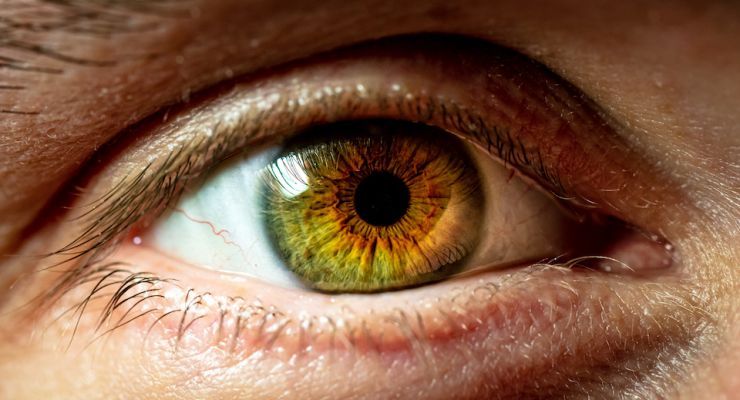Do you ever see black lines or dots floating across your field of vision? If so, you’ve probably experienced eye floaters. Contrary to popular belief, eye floaters are not just an indication that you need more sleep or the first sign of vision deterioration. These floaters are also not just a trick of your imagination. In fact, they are incredibly common and could mean more than you think…
What are eye floaters?
Eye floater is an incredibly general term that describes several different vision interruptions. You may see small, dark specks, cobwebs, rings, or strings floating across your visual field. Or you could see small gray or black specks in your peripheral vision that disappear when you try to look at them. Most people first notice eye floaters when they look at a bright, plain area like a white wall, paper, or the blue sky. This phenomenon can be incredibly annoying because you are unable to look directly at the floaters, even when they stick around for days or weeks.
What causes eye floaters?
These strange specks can be caused by a number of conditions; however, the most common is age-related vitreous changes. Don’t worry; it’s not as bad as it sounds. Simply put, your eye is filled with a gel-like, vitreous substance that will shrink and become stringy, as you age. The loose fibers floating throughout the eye then cast a shadow onto the retina, causing irregularly shaped specks to appear in your vision.
Who is at risk?
You are more likely to develop floaters if you are above age 50, are nearsighted, have diabetes, have had any medication injected into the eye, have had eye trauma, or have had a cataract operation.
Are they harmful?
The majority of the time, eye floaters are nothing to worry about. They are painless, easily ignored, and will often dissipate on their own after a few weeks or months.
Though it is unlikely, eye floaters could be a sign of something more severe than mere vitreous separation. Rarely, vitreous body fibers will pull some of the retinal nerve cells with them as they detach, causing a retinal tear that could lead to retinal detachment if left untreated. Retinal detachment could lead to severe, permanent vision damage. Floaters may also be caused by infection and inflammation of the eye or blood leaking from vessels in the retina.
When to consult a doctor
If eye floaters become incredibly dense to the point where your vision is obscured, they come on suddenly, or if you have any other eye-related symptoms, such as peripheral vision loss or flashes of light, make an appointment with your eye doctor as soon as possible. Usually, they will abate on their own; however, a sudden onset of floaters could still be cause for concern, so it is important to keep your appointment even if the floaters start to dissipate. It is always a good idea to play it safe when it comes to health, especially ocular health.
How to protect ocular health
Your eyes are incredibly valuable, delicate, and, unfortunately, often ignored. Don’t take vision problems lightly and follow these tips to ensure that you are giving your eyes the attention and care they deserve.
Receive an eye exam
Every person should have an eye exam at least every year or two. This is especially imperative if you have known health problems or wear corrective lenses. Don’t wait to see the eye doctor until you notice worsening vision or a problem with your eyes. Take preventative steps and prioritize your ocular health whenever possible.
Drink more water
Just as the rest of your body needs water to function, your eyes need it as well. Be sure to stay hydrated and drink before you’re thirsty.
Rest your eyes
Eye strain is a real issue in this technology-driven world. Follow the 20-20-20 rule when you are on your phone or computer to protect your vision and keep your eyes from drying out or weakening over time. Every 20 minutes, look up from your screen at something at least 20 feet away for 20 seconds.
Eat a healthy diet
Fresh vegetables, real whole grains, fish, and fruit can all help protect your eyes by preventing vision problems and macular degeneration. Incorporate leafy greens, salmon, and citrus fruits into your diet to stave off eye disease and keep your peepers happy.
-Susan Patterson

